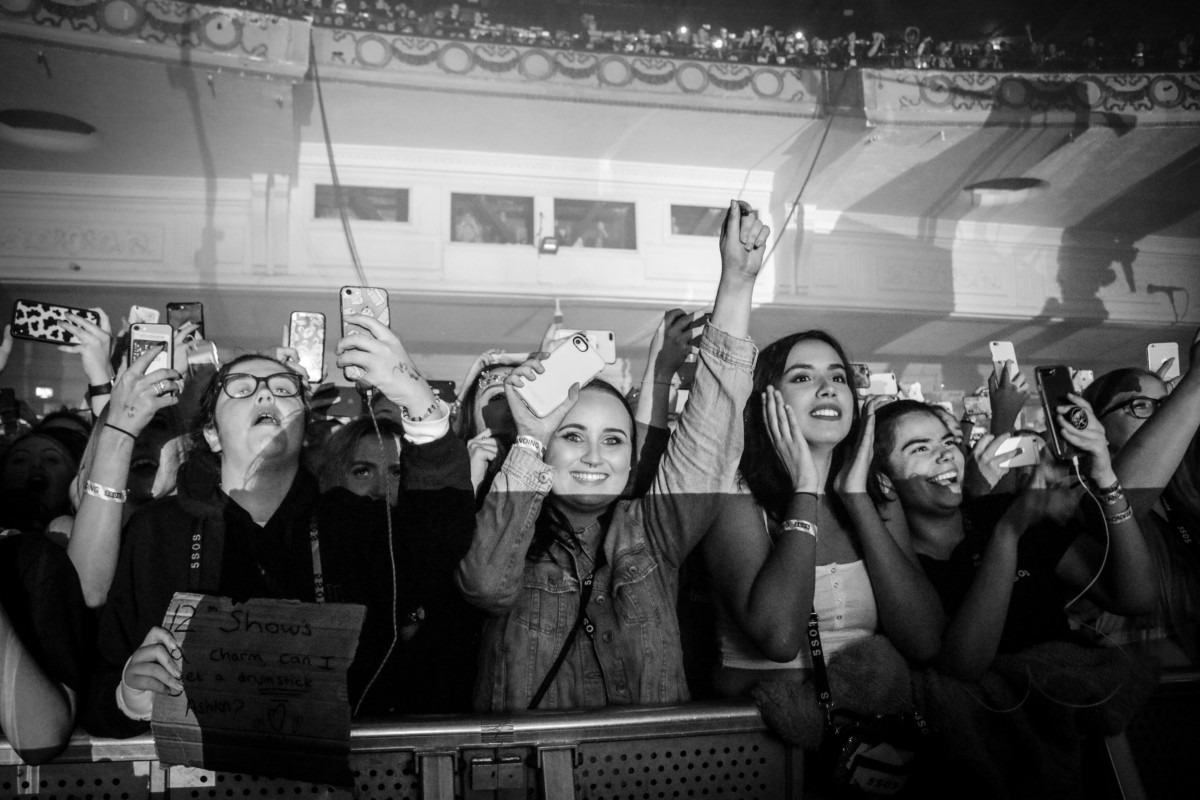Hey rockstar ! Get ready to jump in the photo pit. You want to shoot gigs but don’t know where to start? Here’re a few tips to make your mark.
Get the gear
Choosing the perfect digital camera to start shooting can be really challenging. Canon or Nikon? This is an eternal debate and the point is, there’s no right or wrong answer. Every photographer is different. It’s actually up to you. I personally have a Canon 80-E digital camera. Speak with other photographers, try, and see. But don’t get me wrong, these aren’t the only good brands. Sony and Fujifilm also make amazing cameras (like The Sony Alpha 7 II and the Fujifilm X-T10).
The choice of your camera lens is also very important. Concert venues tend to be pretty dark. Because of this, it’s important for any lens you want to use for concert photography to have a large maximum aperture that will allow more light to enter the lens. Most live photographers have a 50mm lens with at least an f/2.8 aperture (I would recommend a 50mm F/1.4 lens or a 50mm F/1.8 lens). Then, for bigger venues, if you are not on a tight budget, get a 24-70mm f/2.8. My best advice is to borrow it from a friend before buying it, to make sure you need it. Nobody wants to waste money on something useless.
- a 50mm lens with at least an f/2.8 aperture
- 2 SD cards
- an external battery
- Photofiltre
- Photoshop (eventually)
Flash is forbidden in most venues.
Useful apps to download onto your phone:
- to improve your blurry and pixelated photos: Remini, Facetune
- to edit photos and use creative filters: Lightroom mobile, VSCO, Picart
- to post panoramas on Instagram: PanoramaCrop

Develop your photographic style
I suggest you follow photographers that you like on social media. Ask yourself “why do I like their pictures/ style?”, “What colors do I prefer?”, “Which artists have cool atmospheres?”. Try to communicate with these people. You have to practice a lot to find your own style. It will always evolve, and that’s a good thing. Art is constantly changing, like your tastes and moods, you’re still learning, experiencing new things.
Start small
Nobody starts photography shooting The Rolling Stones. Don’t skip steps. Small venues, local gigs and festivals are the best way to start practicing. With free shows, you can bring your camera without any problems and shoot during the whole set. It’s perfect to understand the challenges of live photography, know the different spots and make friends and contacts in the industry. A few festivals allow digital cameras.
- local bands
- free gigs
- festivals
- friends into the music industry
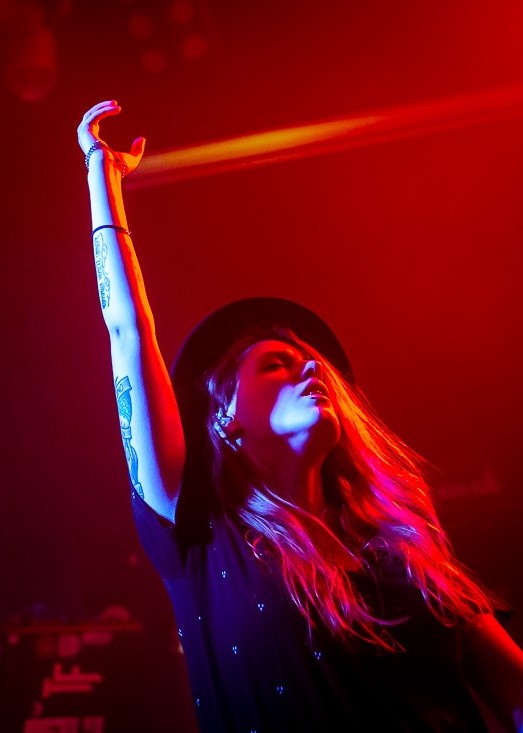
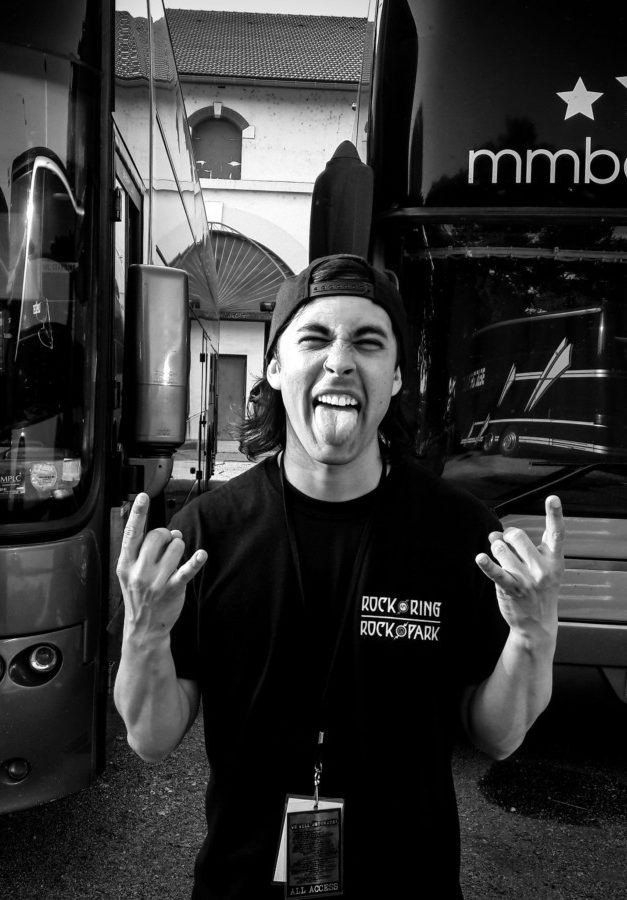
Make Friends
You can’t work in the music industry without making friends, going to shows, exposing your art… You need to be someone to have access. It doesn’t mean you have to be famous or the best photographer, but you have to show who you are, share your work and passion, make your network bigger and bigger.
- do a lot of concerts and speak about your art
- give your business card
- accept invitations to different kind of events: album pre-listening / cocktail parties, after shows…
- follow/ follow back photographers and fan accounts on Instagram
- just be curious, passionate and talkative with fans, artists and roadies.
Share your pics
Visibility is really important to develop your network but also to show your skills, your identity, and the artists you work with. You will mainly need:
- a portfolio: a website or a blog gathering your best shots
- a business card with your name, phone number, email address and website (optional: your Instagram username)
- social media: at least LinkedIn and Instagram
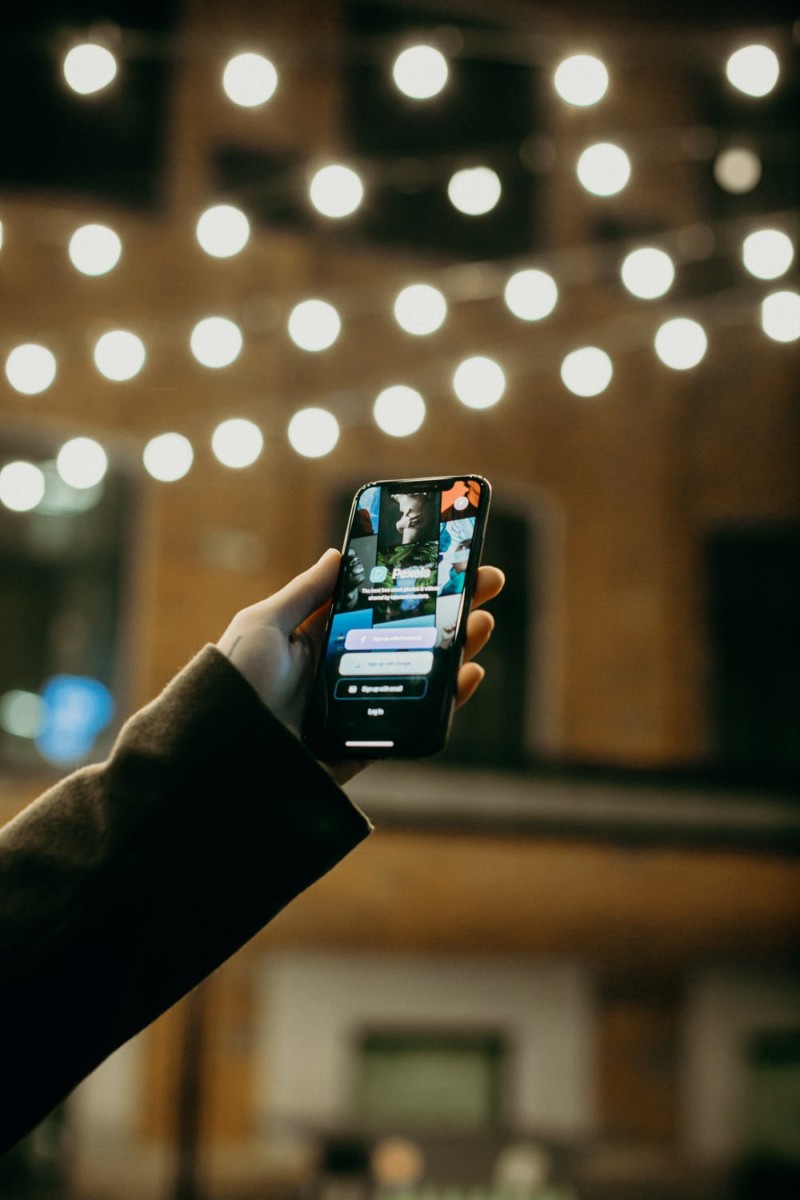
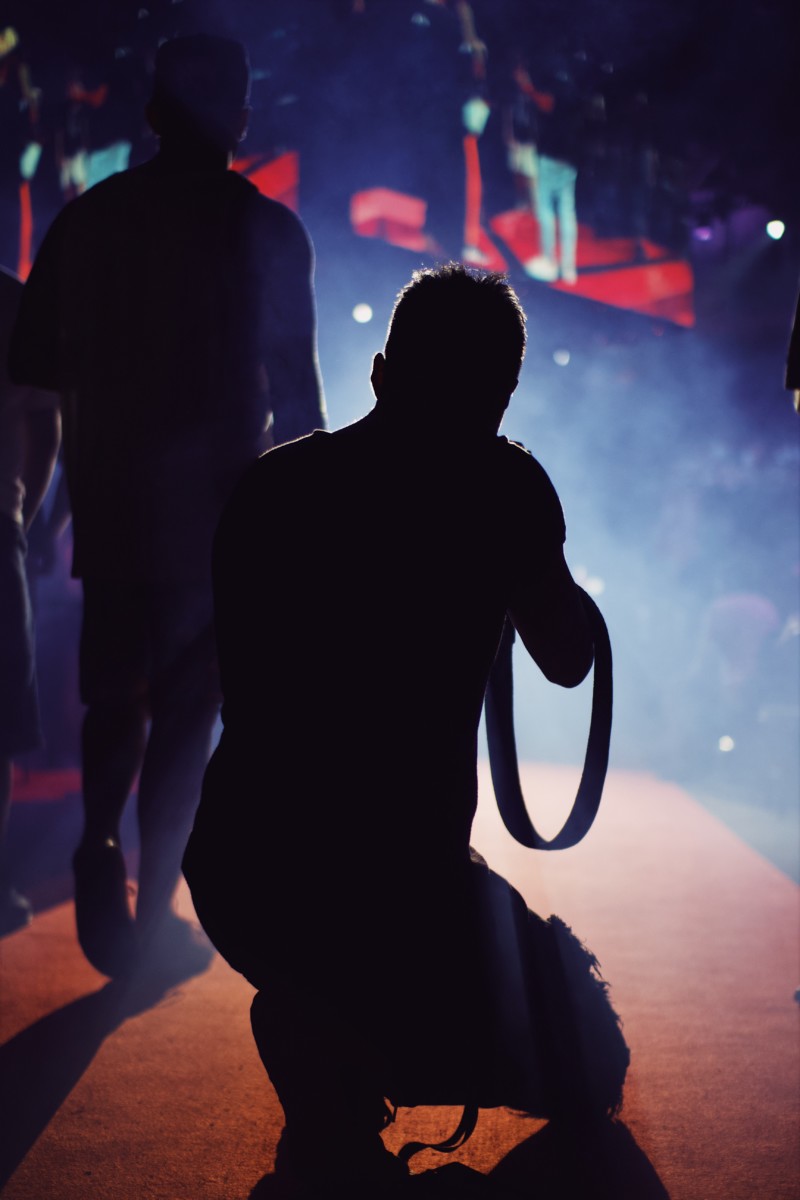
Get a photo pass
In order to get a photo pass, you have to:
- work for/ help a music media account
- run your own website or blog
People to contact for a photo pass:
If you are working for your own website, you can contact:
- the artist’s label
- the tour manager
- the promoter
- the PR team
- the head of press
- the global marketing manager
- the venue
… The list is long and full of possibilities.
Now, you are ready to shoot your first show. Next step is how to develop your own style!
Hey rockstar ! Get ready to jump in the photo pit. You want to shoot gigs but don’t know where to start? Here’re a few tips to make your mark.

Get the gear
Choosing the perfect digital camera to start shooting can be really challenging. Canon or Nikon? This is an eternal debate and the point is, there’s no right or wrong answer. Every photographer is different. It’s actually up to you. I personally have a Canon 80-E digital camera. Speak with other photographers, try, and see. But don’t get me wrong, these aren’t the only good brands. Sony and Fujifilm also make amazing cameras (like The Sony Alpha 7 II and the Fujifilm X-T10).
The choice of your camera lens is also very important. Concert venues tend to be pretty dark. Because of this, it’s important for any lens you want to use for concert photography to have a large maximum aperture that will allow more light to enter the lens. Most live photographers have a 50mm lens with at least an f/2.8 aperture (I would recommend a 50mm F/1.4 lens or a 50mm F/1.8 lens). Then, for bigger venues, if you are not on a tight budget, get a 24-70mm f/2.8. My best advice is to borrow it from a friend before buying it, to make sure you need it. Nobody wants to waste money on something useless.
- a 50mm lens with at least an f/2.8 aperture
- 2 SD cards
- an external battery
- Photofiltre
- Photoshop (eventually)
Flash is forbidden in most venues.
Useful apps to download onto your phone:
- to improve your blurry and pixelated photos: Remini, Facetune
- to edit photos and use creative filters: Lightroom mobile, VSCO, Picart
- to post panoramas on Instagram: PanoramaCrop

Develop your photographic style
I suggest you follow photographers that you like on social media. Ask yourself “why do I like their pictures/ style?”, “What colors do I prefer?”, “Which artists have cool atmospheres?”. Try to communicate with these people. You have to practice a lot to find your own style. It will always evolve, and that’s a good thing. Art is constantly changing, like your tastes and moods, you’re still learning, experiencing new things.
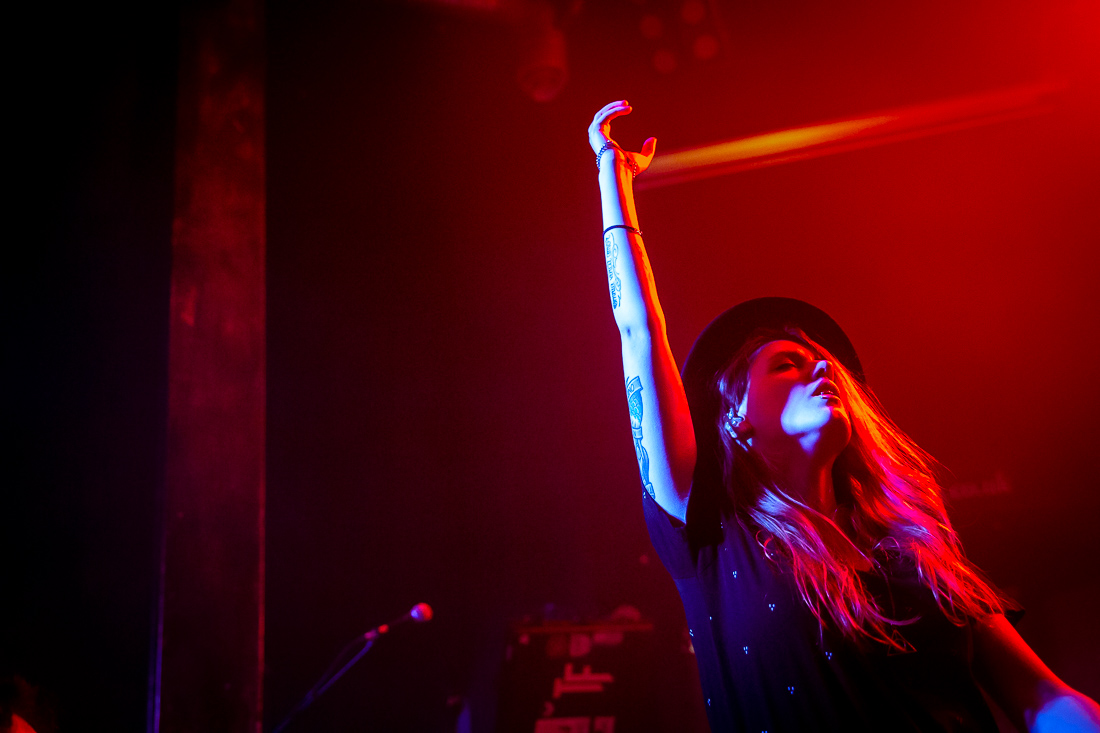
Star Small
Nobody starts photography shooting The Rolling Stones. Don’t skip steps. Small venues, local gigs and festivals are the best way to start practicing. With free shows, you can bring your camera without any problems and shoot during the whole set. It’s perfect to understand the challenges of live photography, know the different spots and make friends and contacts in the industry. A few festivals allow digital cameras.
- local bands
- free gigs
- festivals
- friends into the music industry
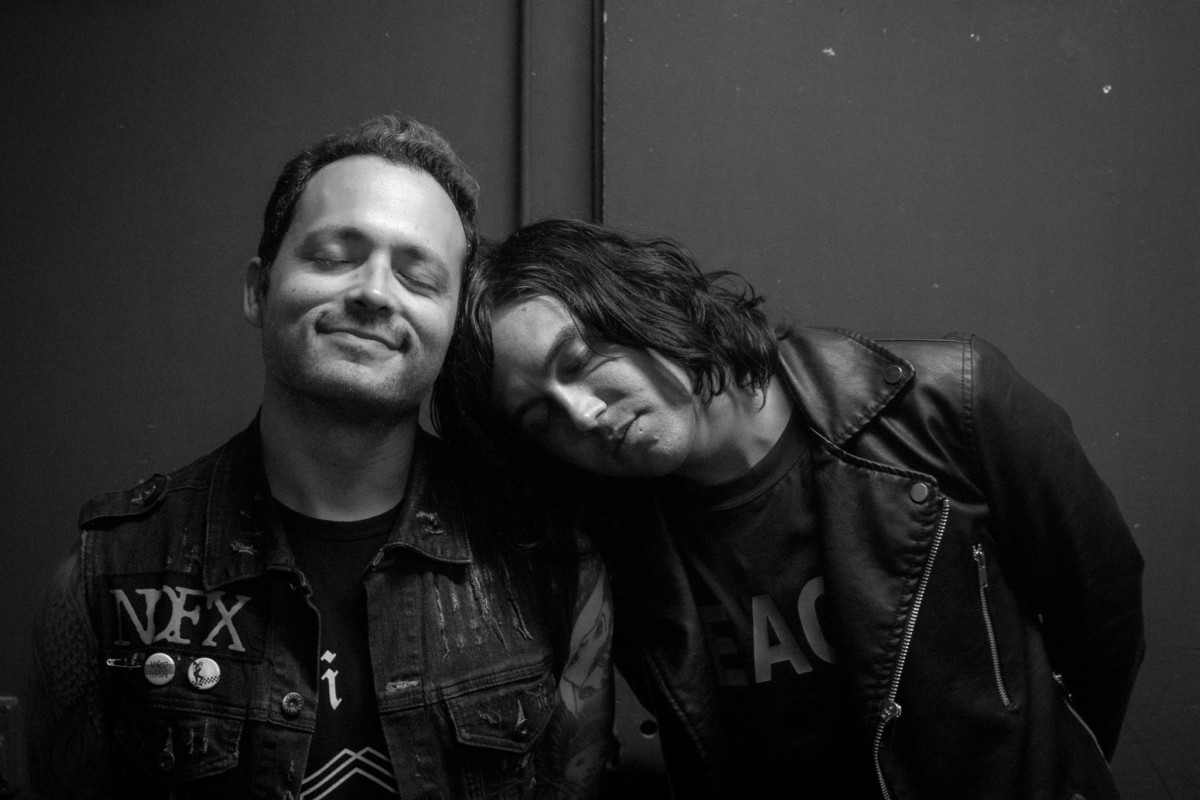
Make friends
You can’t work in the music industry without making friends, going to shows, exposing your art… You need to be someone to have access. It doesn’t mean you have to be famous or the best photographer, but you have to show who you are, share your work and passion, make your network bigger and bigger.
- do a lot of concerts and speak about your art
- give your business card
- accept event invitations: album pre-listening / cocktail parties, after shows…
- follow/ follow back photographers and fan accounts on Instagram
- just be curious, passionate and talkative with fans, artists and roadies.
Share your pics
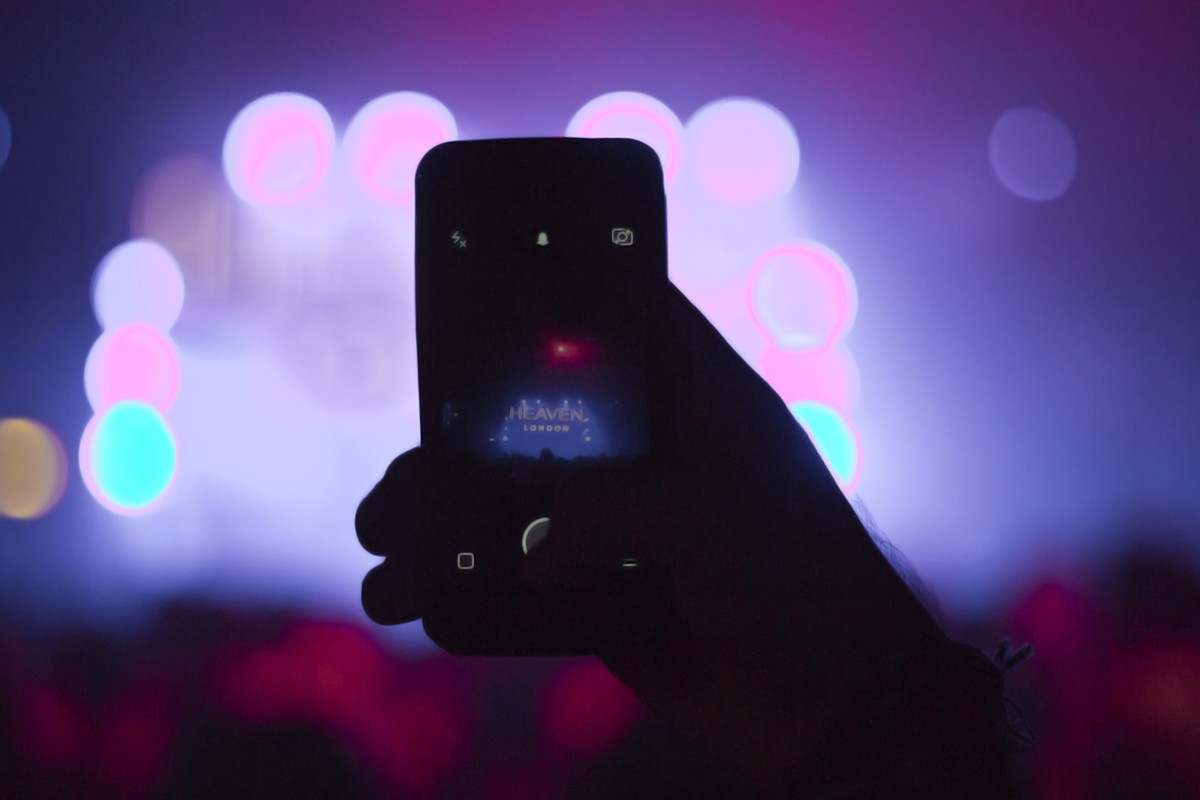
Visibility is really important to develop your network but also to show your skills, your identity, and the artists you work with. You will mainly need:
- a portfolio: a website or a blog gathering your best shots
- a business card with your name, phone number, email address and website (optional: your Instagram username)
- social media: at least LinkedIn and Instagram
Get a photo pass
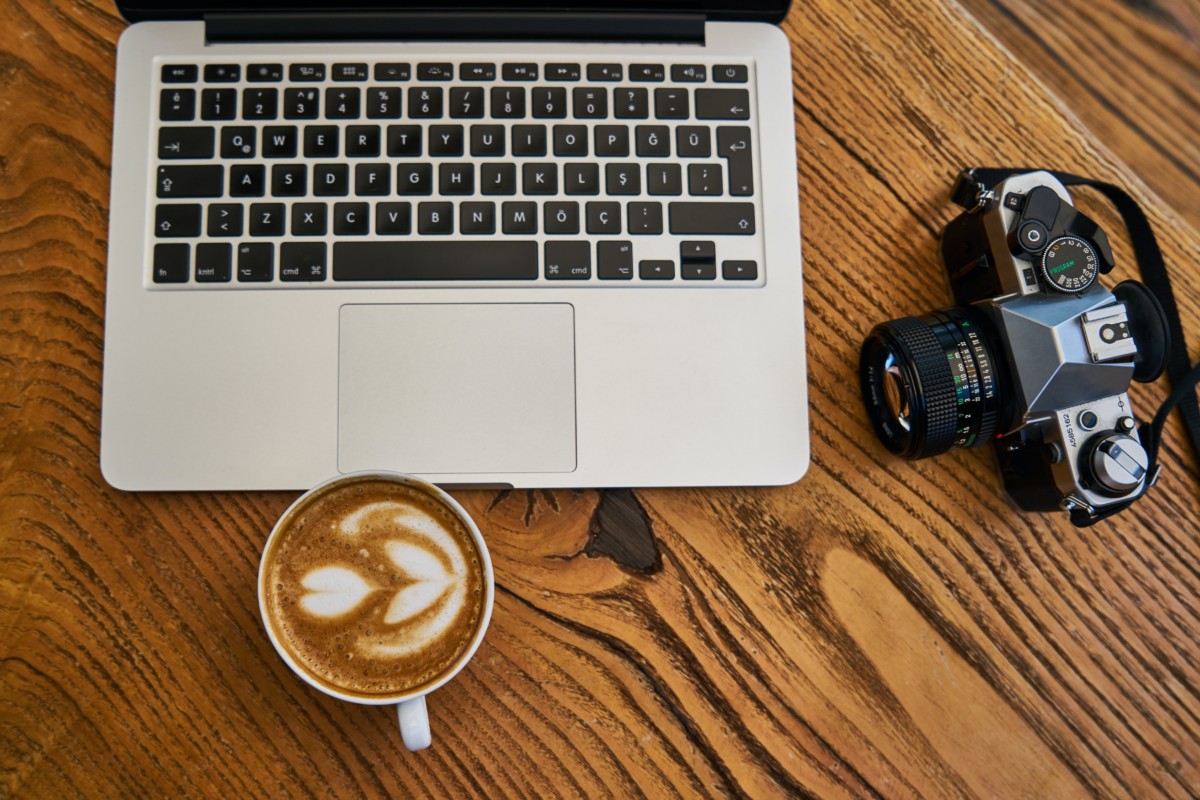
In order to get a photo pass, you have to:
- work for/ help a music media account
- run your own website or blog
People to contact for a photo pass:
If you are working for your own website, you can contact:
- the artist’s label
- the tour manager
- the promoter
- the PR team
- the head of press
- the global marketing manager
- the venue
… The list is long and full of possibilities.
Now, you are ready to shoot your first show. Next step is how to develop your own style!

